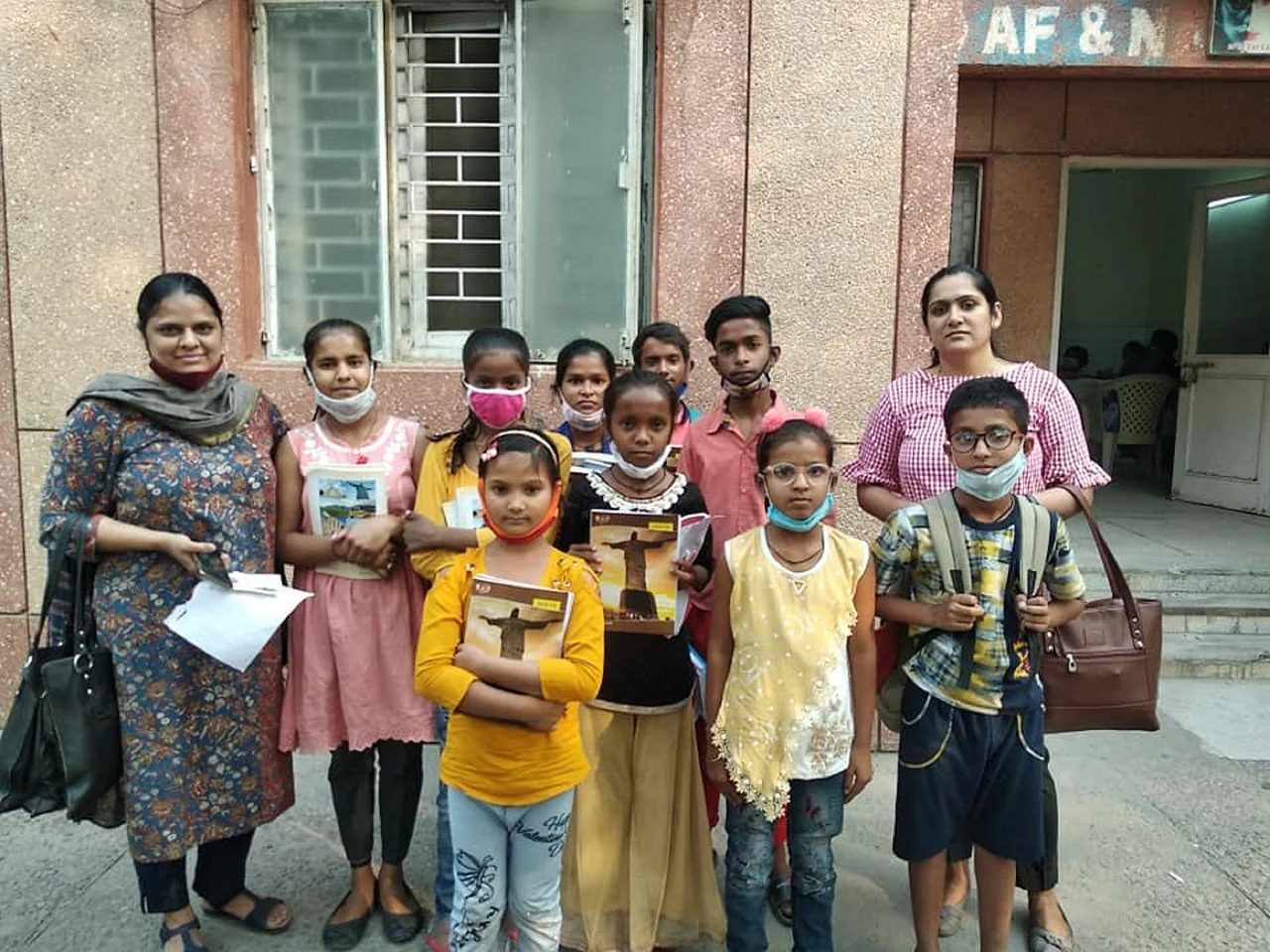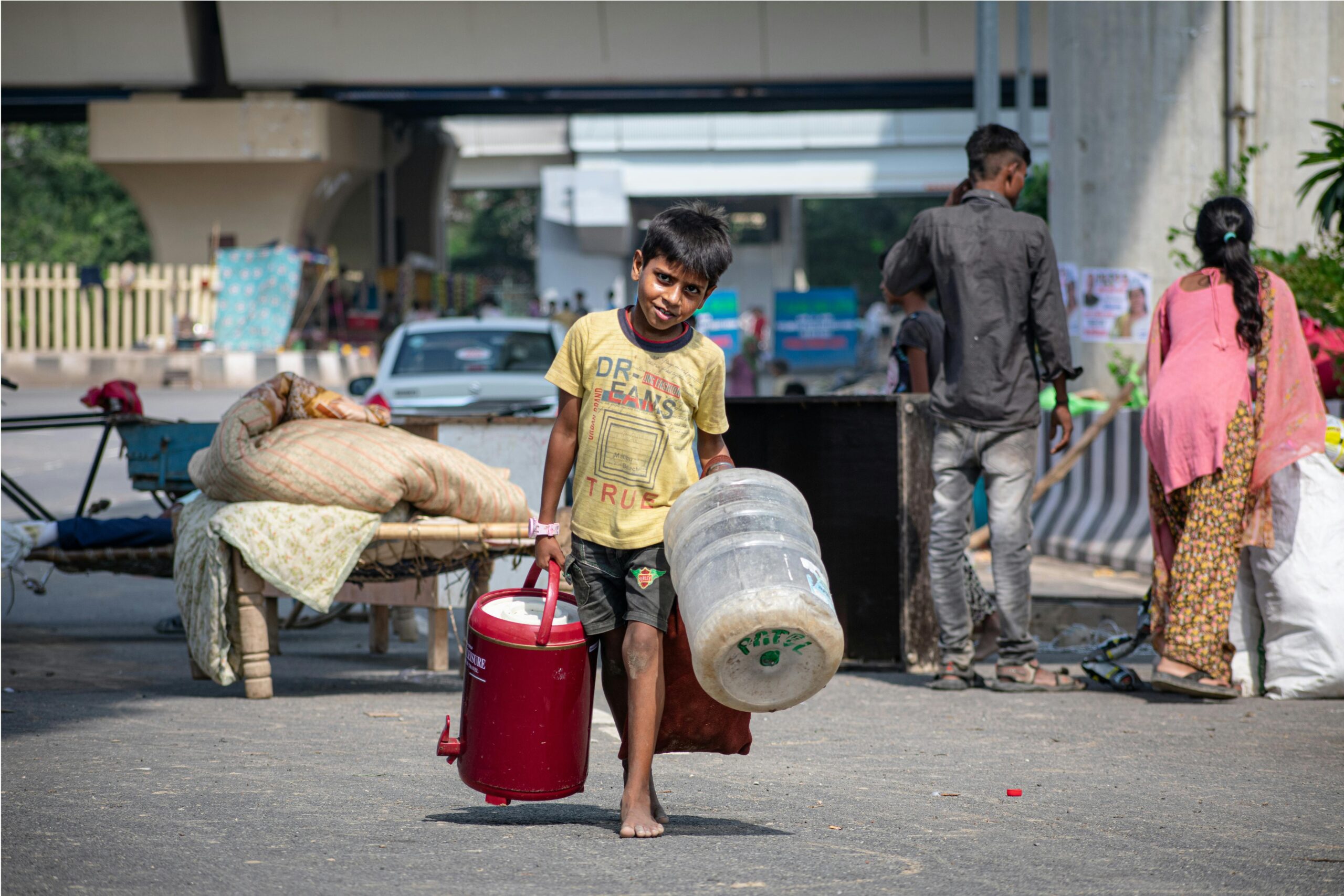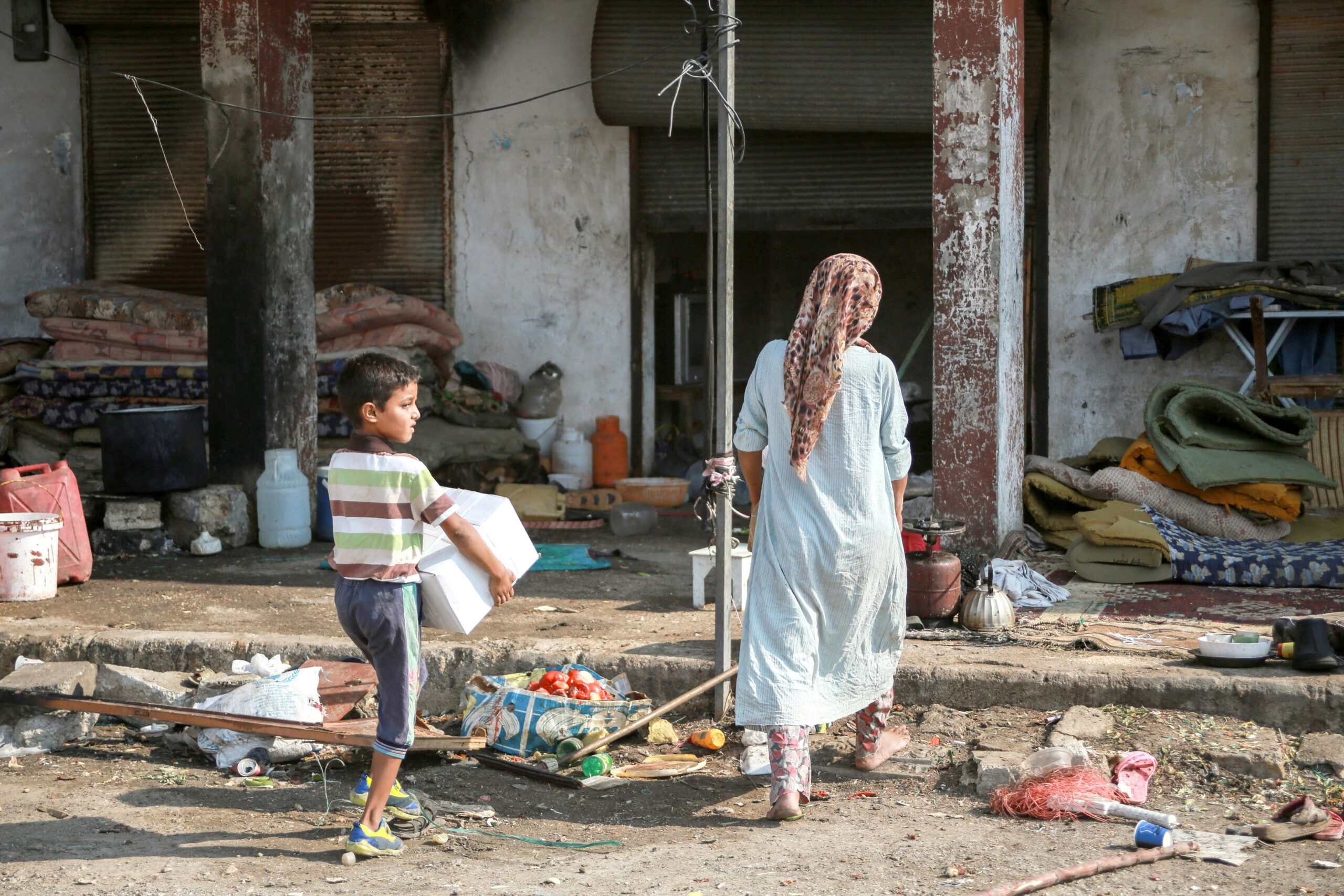Date: 12 May2023 ; Author: Shalika Prakash
Poverty is a condition of not having enough resources to meet basic needs such as food, shelter, health care, and education. Poverty affects millions of people around the world, especially children. According to UNICEF, about 333 million children live in extreme poverty, meaning they survive on less than $2.15 a day. Poverty has a devastating effect on a child’s development, as it exposes them to various risks and disadvantages that can harm their physical, mental, and social well-being.
One of the main effects of poverty on children is poor health. Children who live in poverty are more likely to suffer from malnutrition, illness, environmental exposure, and injury. Poverty can also affect the brain development of children, as it can alter the structure and function of the brain regions involved in learning, memory, and emotion. Poor health can impair a child’s ability to perform well in school, as well as increase the risk of chronic diseases and premature death in adulthood.
Another effect of poverty on children is low educational attainment. Children who live in poverty often lack access to quality education, as they may face barriers such as inadequate schools, unqualified teachers, lack of materials, and high dropout rates. Poverty can also affect a child’s cognitive and language development, as they may have limited exposure to stimulating and enriching experiences that foster learning and communication skills. Low educational attainment can limit a child’s opportunities for future employment, income, and social mobility.
A third effect of poverty on children is social and behavioral problems. Children who live in poverty are more likely to experience stress, trauma, violence, and abuse, which can negatively affect their mental health and emotional well-being. Poverty can also affect a child’s social skills and relationships, as they may have difficulty forming attachments, trusting others, and resolving conflicts. Social and behavioral problems can lead to poor self-esteem, aggression, depression, anxiety, and delinquency.
In conclusion, poverty is a serious issue that affects the development of children in multiple ways. Poverty can impair a child’s health, education, and social and emotional well-being, which can have lasting consequences for their future. To address child poverty, it is important to implement policies and programs that provide adequate resources, support, and protection for children and their families. By reducing child poverty, we can improve the lives and prospects of millions of children around the world.
Sources:
https://www.unicef.org/social-policy/child-poverty
https://www.childfund.org.au/stories/how-does-poverty-impact-child-development/






